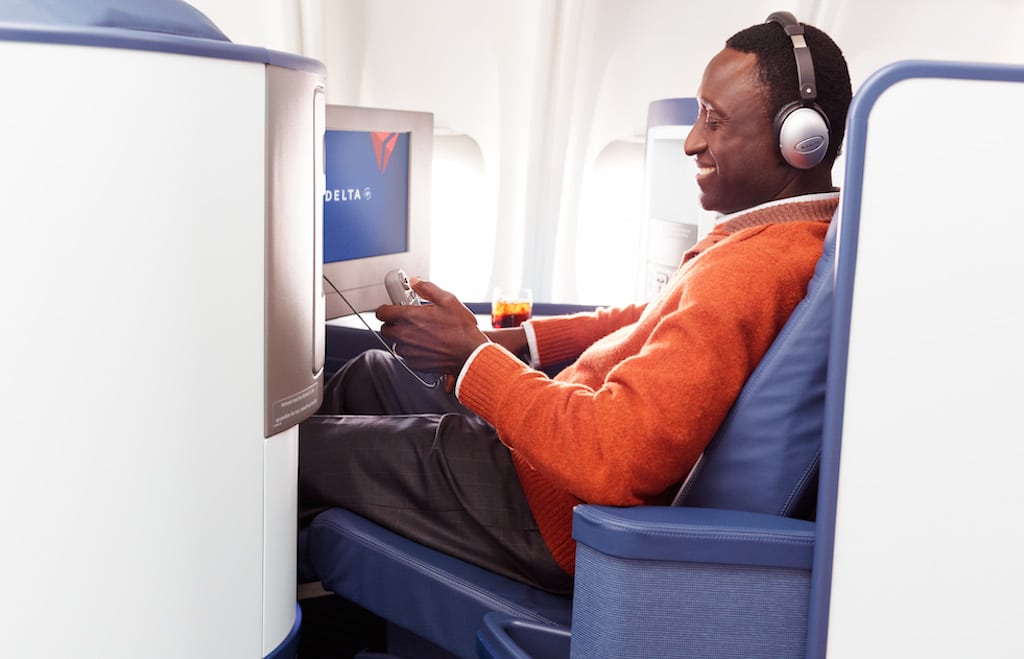Gogo's Grip on In-Flight Wi-Fi Is So Big It Could Be Unlawful, Judge Rules

Skift Take
With the advent of satellite-based Wi-Fi, the competitive landscape for in-flight Wi-Fi is heating up. Still, Gogo's extensive control of domestic Wi-Fi and airline fleets is a legitimate cause of competition concern.
A federal judge ruled that a consumer lawsuit against in-flight Wi-Fi provider Gogo Inc, can proceed because the plaintiffs made plausible arguments that Gogo's market share in the U.S. is big enough to constitute an unlawful barrier to entry for new players.
Gogo sought to dismiss a second amended complaint in the lawsuit, which dates to 2012, arguing that the plaintiffs didn't prove their contention that Gogo has an 85% market share of in-fligh

